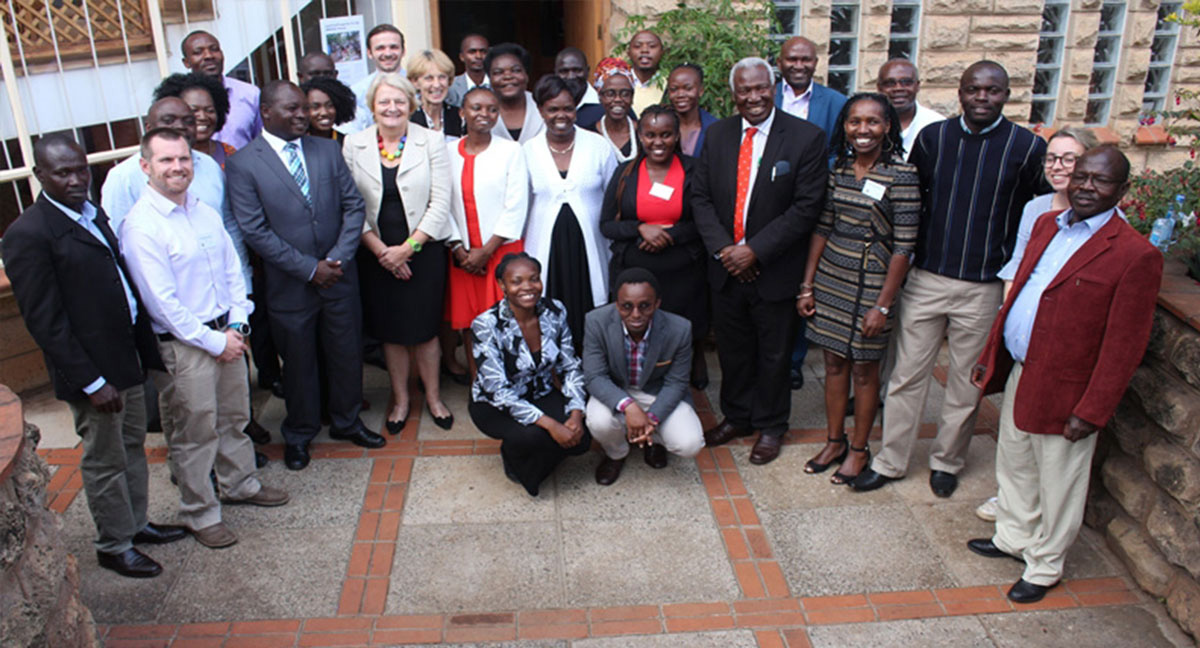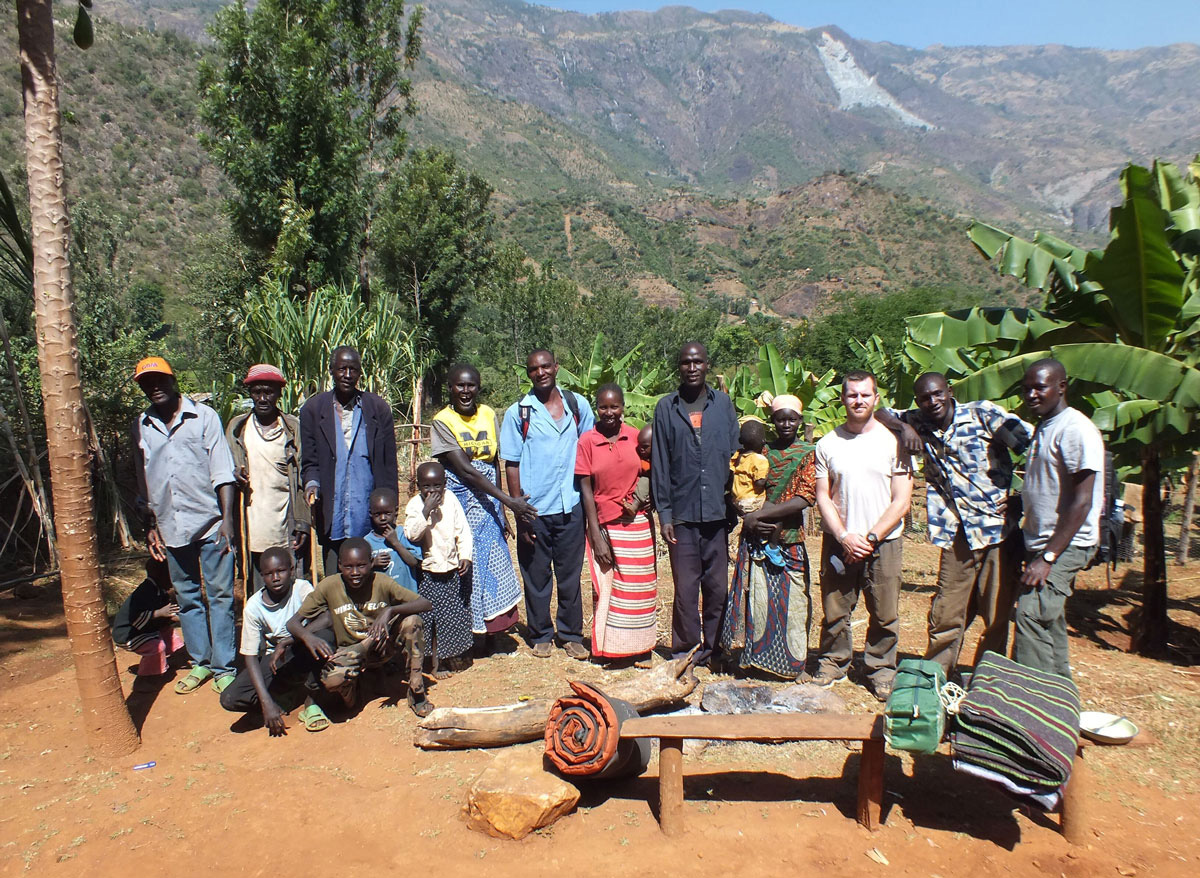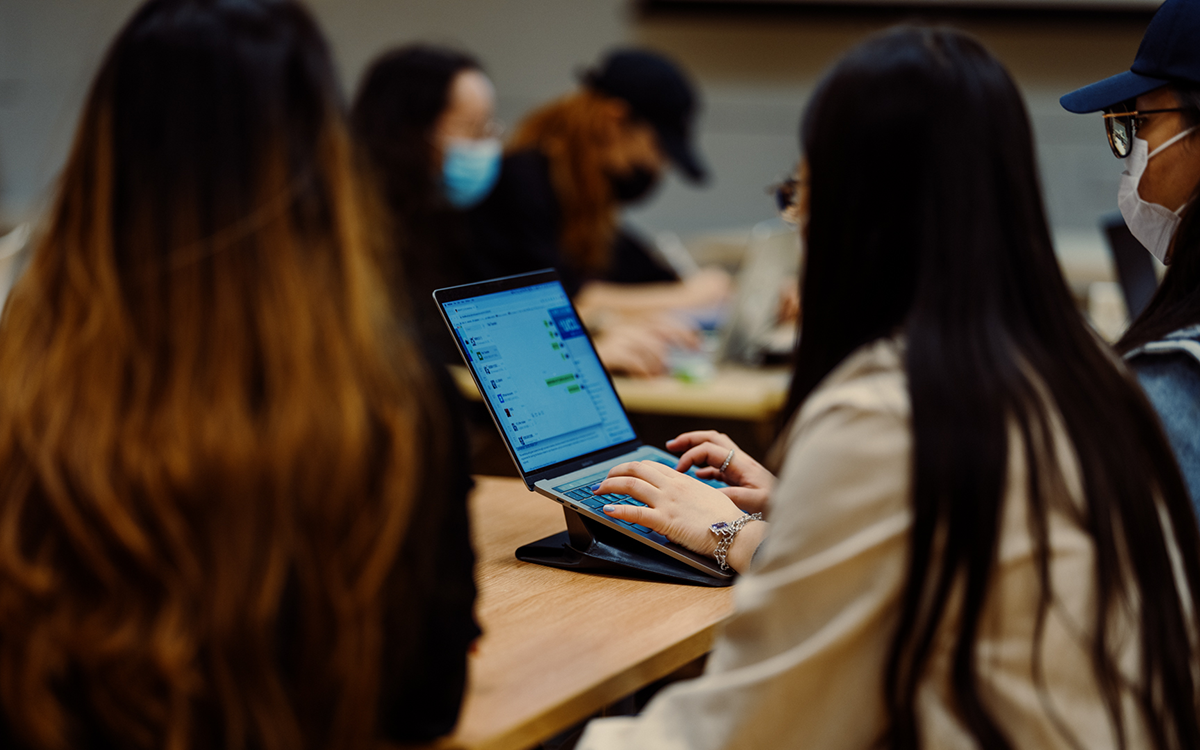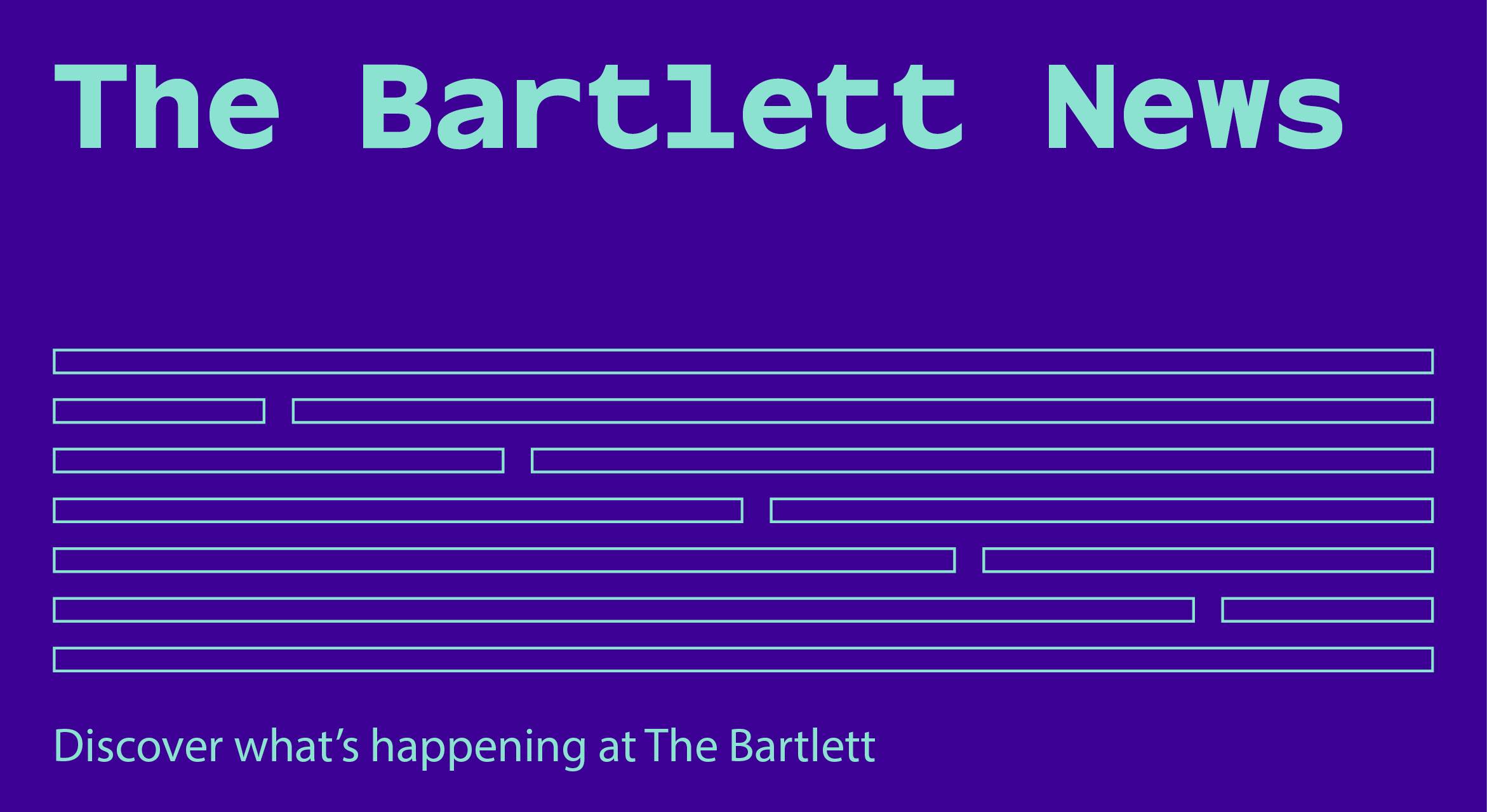How do you create space for debate, elevate diverse voices and facilitate radical policy change for what it means to live a prosperous life?

The launch of IGP's Prosperity Co-Lab (PROCOL) in Kenya.
Founded in 2014, the IGP is a centre Moore set up to develop, debate and help implement an alternative vision for what it means to live a prosperous life – one that is fulfilling, healthy, achieved within the limits of our planet’s resources, and not necessarily defined around only monetary wealth or national GDP.
At present, there is little agreement over who should be informing and shaping public policies and debate surrounding these issues – whether it should be ordinary citizens, government bodies, NGOs or businesses – or what the geographical locus of these discussions should be. Moreover, when it comes to forging a path forward, Moore says we simply aren’t equipped with the necessary political, social and economic institutions to do so.
For example many of our current problems – such as the political crises in the European Union and the United States – stem from a lack of multi-stakeholder spaces for debate. “One of the things we clearly understand, is that we can’t get where we want to go by doing what we have been doing,” she says.
Creating responsible citizens
The IGP aims to “develop a new kind of role for a university in tackling these problems” – creating space for debate, elevating diverse voices and facilitating radical policy change. For example, all its projects have interdisciplinary teams that include citizen scientists as researchers and analysts, and it engages in outward-facing public engagement initiatives such as the popular BBC radio show My Perfect Country. It is also trying to create the responsible citizens of the future through initiatives such as its Fast Forward 2030 programme – a group of millennial entrepreneurs who are developing new businesses aimed at delivering on the United Nations Sustainable Development Goals.
“Every generation of young people who are moving through university [should be] trained to understand what are the key issues of the day and what they can contribute to solving them,” Moore says.
Using the wealth of knowledge that emerges from these processes, the IGP is striving to devise and implement policy proposals for the future, to tackle increasingly pressing concerns such as our changing demographics and the role of emerging scientific and technological research. “Universities are places in which that will be done – you don’t expect to see Facebook or Google focusing on these problems,” Moore says.

Elgeyo-Marakwet, an agrarian region in the north-west of Kenya. The IGP is working with rural agricultural communities to help develop practices that allow communities to adapt and thrive in the face of change. Credit: Matthew Davies
People, institutions and science
Perhaps most crucial to this are the IGP’s ‘Prosperity Co-Labs’ – interdisciplinary teams developing and applying concrete policy proposals in three sites, each of which has a central thematic focus: in London it is social inequality; in Kenya the main problem is environmental degradation; and in Lebanon the primary issue is mass displacement. In these three locations, it is pulling together its triple focus on people, institutions and science to trial ideas that can then be used elsewhere.
In Kenya, like elsewhere, large numbers of people are leaving farming because it’s becoming an increasingly unattractive lifestyle, which is putting pressure on food security in the country. The IGP has worked in Elgeyo-Marakwet, an agrarian region in the north-west, for eight years to make agriculture a more viable livelihood, using farmers’ input on how they currently manage their resources; satellite data that maps and traces changing geography and availability of natural resources; soil samples to determine nutrient levels, crop yield-efficiency gaps and levels of hydrology; as well as biodiversity surveys to map the variation of plant species.
Such information about a region’s ‘natural capital’ is then applied by local authorities to improve the prospects of the farming community. Meanwhile, recording data like this on an online sharing platform means the lessons and practices from this case study can be used internationally – for example, in areas like Lake Chad, which spans Chad, Cameroon, Niger, Nigeria and since 1969 has lost 90% of its surface area.
“So when we talk about rethinking prosperity,” Moore says, “we’re not just talking about more healthy and fulfilling lives. We’re actually rethinking how we approach these major challenges for society: how we rethink the structures we have at the local level, at the national level and at the international level, managing these problems that connect us all.”
Professor Henrietta L Moore is the Founder and Director of the UCL Institute for Global Prosperity
 Close
Close




